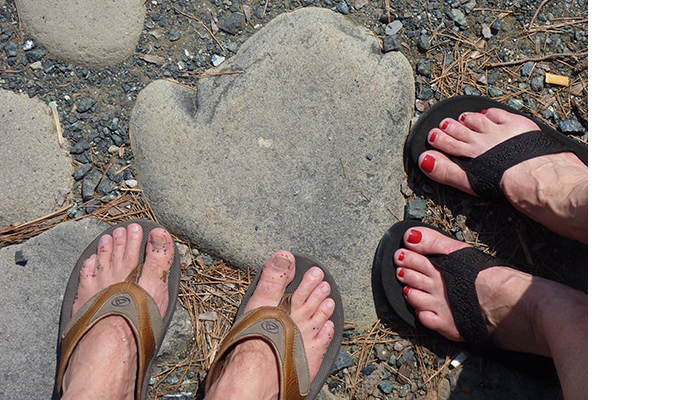
Dependence is at the core of every human interaction and relationship. Naturally, we do better when we depend on one another.
In science, the Theory of Everything describes a hypothetical all-encompassing framework of physics that explains every aspect of the universe. More than theoretical, dependence is the universal sociological framework that explains every reason we relate to one another.
Consider the word’s traditionally defined context: to be conditional or contingent on; or determined by. Dependence in this sense is unbiased. Our dependence and whether it is reciprocated determine the efficacy of our interactions and relationships.
For example, we depend daily on multiple people — the mechanic to repair our car properly, the barista to make our drink order right, a teacher to share knowledge, an associate to uphold a deal. We can also choose to disassociate with people who are undependable, who make us feel controlled or constrained.
DECLARATION OF DEPENDENCE
Moreover, we are more especially dependent on people we genuinely care about — our spouse or partner, family and friends. These personal relationships carry substantial weight … and risk. Foremost, becoming dependent on another means having the confidence to be completely vulnerable. Such a commitment requires constant attention, as well as occasional recalibration (i.e., in Seinfeld terminology, when one party has the upper or “more hand”). Still, the reward far exceeds the risk.
Dependence unifies. And dependence influences. Love and friendship; trust and caring; happiness; humility, tolerance and forgiveness; security and promise; purposeful longevity; for better or worse, in sickness and in health — all these and other conditional human aspirations are at the heart of rewarding, enduring and mutually dependent relationships.
In summation, in theory and practice, socially and personally, Dependence is Everything.







” … a teacher to share knowledge”–thanks for the shout out.